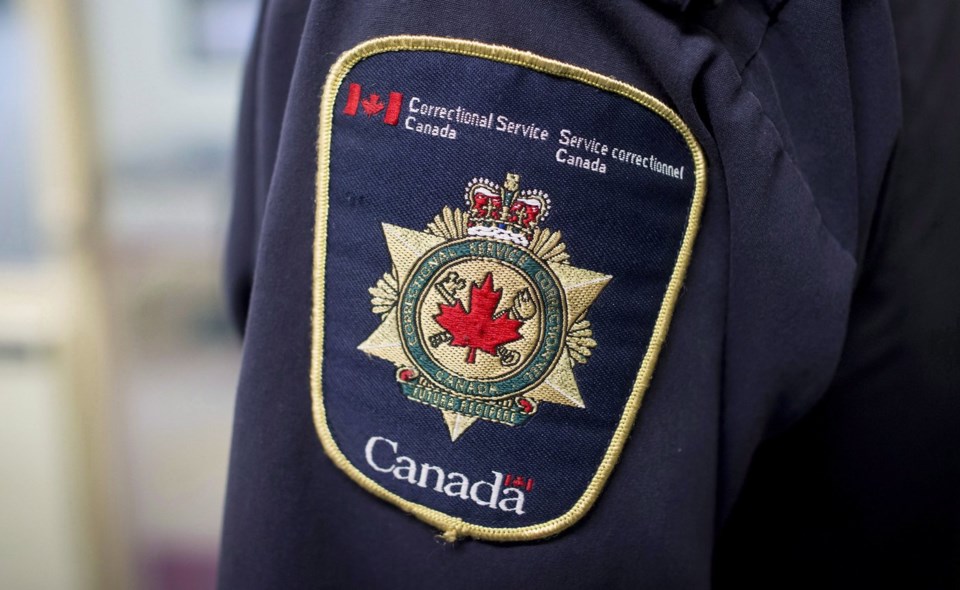Wildfires burning near Port-Cartier, Que., forced the evacuation of inmates from the local maximum-security prison, officials with Correctional Service Canada confirmed Sunday as favourable winds bolstered efforts to battle a pair of out-of-control blazes north of the city.
The federal agency said the evacuation order was issued Friday and inmates have since been moved to other secure federal correctional facilities.
"To carry out the evacuation, we put measures in place, together with our partners, to maintain the safety and security of our staff, the public, and the offenders in our care and custody," the agency said in a news release Sunday.
It says victims who are registered have been notified of the relocation.
The Port-Cartier Institution has been associated with a number of notorious criminals, including serial killer Robert Pickton, who died in late May after being assaulted at the prison by another inmate.
Officials with the city in the Côte-Nord region announced Friday that it had declared a state of emergency and ordered the evacuation of some 1,000 residents from three specific areas due to the fires.
The province's forest fire prevention agency, SOPFEU, said Sunday that several fires remained out of control near Port-Cartier and Sept-Îles in eastern Quebec north of the St. Lawrence river, although favourable weather was helping to halt their progression towards the communities.
SOPFEU spokeswoman Mélanie Morin said the winds had shifted direction since Friday, and were now more humid and helping to push the flames northward away from Port-Cartier.
"The fires are still active, especially in middle of the day when it warms up, we can see big plumes, but happily the fires aren’t progressing at the moment towards the south," she told a news conference.
Morin said water bomber aircraft and helicopters were being used to dump water on the two closest out-of-control fires, including one about a dozen kilometres away from Port-Cartier. She said fire experts were hopeful that conditions would soon be safe enough to send people in to fight the flames at ground level, as well as from the air.
Port-Cartier's mayor said that despite the improved conditions, it was still too soon to say when citizens from the three evacuated sectors of town would be allowed to return home.
"The wind is with us," Alain Thibault told the news conference. "But if you let citizens go home and the next day the winds shift north and the fire spreads at one kilometre per hour, that means a fire that's 11 kilometres away will be at the edge of the city in 11 hours."
Environment Canada issued a special air quality statement for the area, warning of the health risks posed by wildfire smoke. By Sunday afternoon, the federal agency said the smoke was no longer causing poor air quality, although that could change if the winds shift again.
Lucie Cormier, a spokeswoman for the regional public health department, told the news conference that some 40 medically vulnerable people had been moved from medical facilities and seniors' residences to nearby Baie-Comeau as a precaution.
She said air quality is likely to fluctuate in the coming days and suggested people consider closing doors and windows and limiting strenuous outdoor activity to avoid damage from smoke.
A spokesman for provincial police assured evacuated residents that officers were monitoring the 300 empty homes to prevent break-ins and crime.
The provincial government, meanwhile, confirmed that it had approved a compensation of $1,500 per household that was evacuated, and said it would cover the costs incurred by municipalities fighting fire.
This report by The Canadian Press was first published June 23, 2024.
By Morgan Lowrie in Montreal
Morgan Lowrie, The Canadian Press



